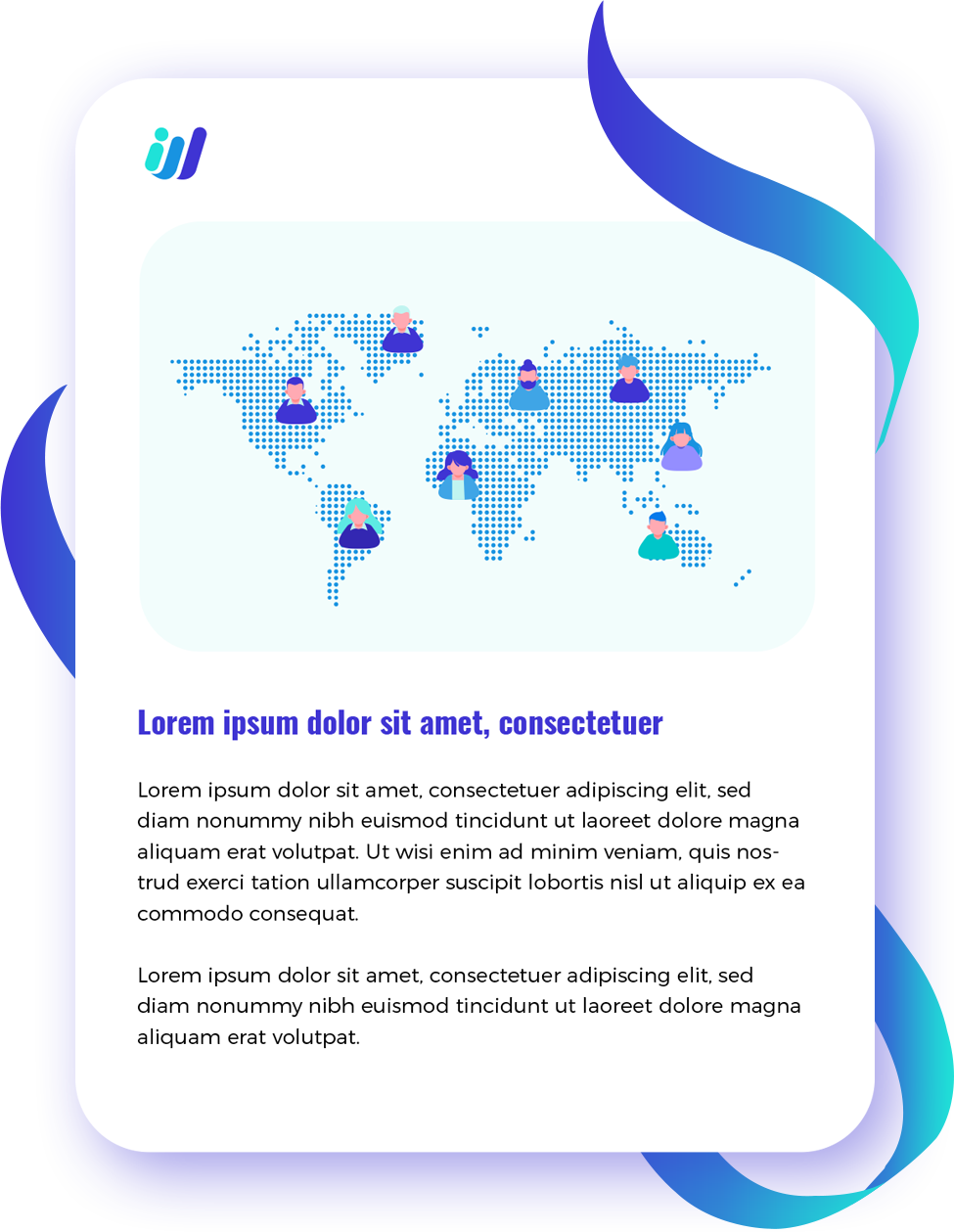You are running a startup and need to outsource some of your work. You’ve been doing research on the best outsourcing options, but it seems like there is a lot of bad information out there. You want to make sure you choose wisely and don’t end up with the wrong company. We’ve put together this guide to help you understand what factors to consider when choosing an overseas partner for your business.
How does a company decide to outsource?
It’s all about cost, quality of service, and time to market. You must weigh up the risks of going it alone against the benefits of working with another company. The last thing you want is for your business’ reputation or brand image to be compromised because you’re not happy with what was delivered.
What are the risks and benefits of outsourcing?
Outsourcing is an attractive option for many companies because it provides a number of benefits and advantages. A good example is the ability to access talent and technologies that are not available internally, while also being able to benefit from new markets, partners and technologies.
- Cost savings: Outsourcing can save you money on labor costs by using temps or workers who are not as expensive as full-time employees. This is especially true if you have only one person in your company doing an outsourced task, such as data entry or customer support calls.
- Speed to market: If you need something done quickly (such as fixing a website), outsourcing may be able to help speed up your process significantly because there will likely be fewer people involved with each step of development than if someone were working on it themselves within your business’ walls.
- Flexibility: When choosing whether something should be outsourced based on cost savings alone could lead one into making wrong assumptions about what type of project would work best given their current needs/expectations.
- Accessibility: One thing that often gets overlooked when considering outsourcing options is accessibility; meaning how does this particular vendor make things easy like communication between client & supplier/vendor etc.?
Does the US government have a role in the outsourcing decision?
The answer to this question is yes, but it’s not always clear what role the US government plays.
The US government can influence outsourcing decisions by offering grants or tax credits for certain types of business activities. It also has the ability to subsidize research and development (R&D) for companies to develop new products that would be in the country’s best interest. Finally, if you’re considering outsourcing your IT operations overseas due to cost savings or other factors like security concerns, then you should consider whether there are regulations surrounding these practices at home as well as abroad.
Is political risk unique to US companies?
Political risk is not unique to US companies. Other countries have political risks too, including China and India. US companies are more exposed to political risks than other countries and the government has a role in outsourcing decisions.
Who is affected by political risk?
Outsourcing political risk to a third party is a good way to minimize the impact of political risk on your business, but it doesn’t mean that you won’t be affected.
The people who are most directly affected by political risk are employees and employers who have outsourced their work. If you have an employee working in another country and they are affected by any issues relating to an election or referendum, then they will not be able to work effectively until the issue has been resolved. Likewise, if an employer contracts with suppliers overseas, then those suppliers may find themselves unable to fulfil their obligations because of delays caused by uncertainty over whether there will be a change in government policy – causing significant financial losses for both parties involved!
Why do politicians criticize outsourcing?
Politicians are trying to get elected, and they have a few incentives for criticizing outsourcing.
- Protecting constituents: The best way to keep your constituents happy is to keep them employed. Outsourcing jobs means fewer people with jobs, which means lower tax revenue and less economic growth. This can be especially dangerous in an election year when politicians need all the money, they can get their hands on (i.e., you).
- Protecting the country’s economy: When you outsource work overseas, it means that some other country will get paid for doing what we used to do ourselves—and at much less cost than we would have paid ourselves! This helps strengthen our own economy by creating more demand for goods from around the world; however, if this growth is too fast then there may not be enough workers available within our borders who want those jobs anyway (hence why outsourcing has been criticized as being bad for job creation).
What does it mean when a company says it has attempted to “manage” political risk?
It means that the company has taken steps to minimize the potential for political fallout. This could be as simple as making sure that their employees are aware of what they can do and how they can help. Or they might involve some more complex tactics, like setting up multiple offices around the world so that if one office gets shut down by protestors or extremists, another will still be open somewhere else in order to keep operations going smoothly.
If you’re wondering whether a particular service provider has done any of these things before—or if your own business is at high risk for political fallout because of its location or industry—it’s worth doing some research on them before signing up with them!
Outsourcing must be considered considering political risks as well as pure financial considerations.
Political risk is a factor in outsourcing decisions. It’s not just about the financial aspects, and it can have a significant impact on your supply chain. In fact, political risk may be the biggest driver of your supply chain strategy.
Outsourcing must be considered considering political risks as well as pure financial considerations. Some companies are more exposed than others to this risk because of their size and visibility, but even those who aren’t particularly big or prominent could still suffer from political changes or instability in their host country—and that’s where you come in!
Conclusion
Outsourcing is a great way to reduce costs and expand the business. It’s also a great way to make sure that your company doesn’t become entangled in politics. If you have any questions about outsourcing or political risk, contact us today!
When done right, outsourcing sparks startup success, increases the chance of thriving, and clears the path toward sustainable and guaranteed growth. Let us help you find top talents in IT, technical support, digital marketing, and cloud services so you can leverage all the benefits of outsourcing in the new normal.
Request a FREE copy of the e-book on Third Wave Outsourcing.



